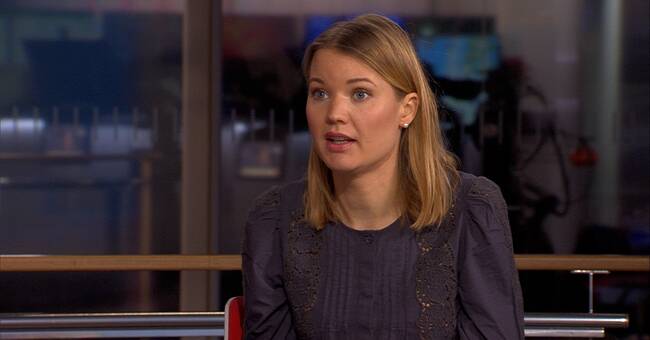On Tuesday, the Swedish Public Health Agency announced that vaccinations with Astra Zeneca's vaccine will be temporarily stopped in Sweden.
In the past, several countries, including Denmark, Norway, Germany and France, have made the same decision, following reports of severe blood clots in people.
In recent days, the EMA has investigated whether the reported health problems are real side effects or pure coincidences.
- It is about finding out if there is a causal link.
Among other things, they look at whether serious side effects are common or whether they are just as common in people who have not taken the vaccine, which shows that it is a more random event.
If it shows that there is a causal link, they are also looking at measures that can be taken to reduce the risk of this happening in connection with vaccination, says Emma Frans.
In Europe, around 15 cases of severe blood clots have been reported after a total of 17 million doses of the vaccine were issued.
On Wednesday, the WHO announced that Astra Zeneca's covid-19 vaccine, despite reports, continues to be recommended.
At 4 pm on Thursday, EMA will give its message.
- The vaccine is not stopped as such.
I think the WHO reasons that Astra's vaccine provides good protection that exceeds the benefits of any risks that exist.
The WHO also recommends that priority groups be given priority, and there it speaks volumes that the benefits outweigh the risks, says Emma Frans, who believes that EMA will give the same message.
- I have a very hard time seeing that the vaccine should be stopped, she says.

